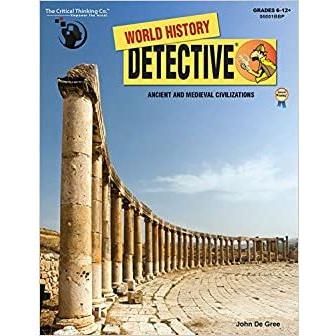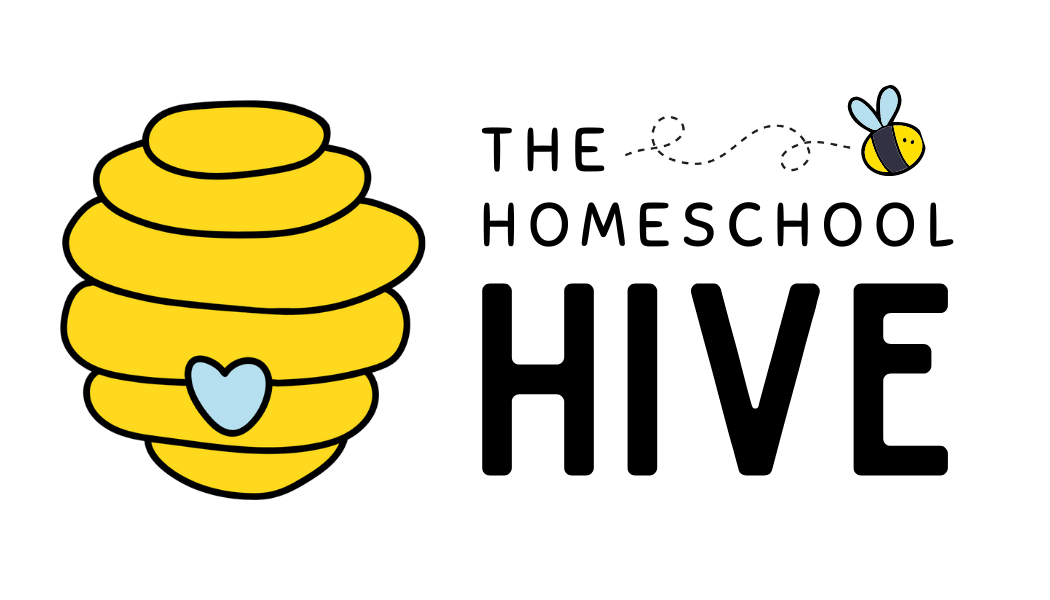
The Critical Thinking Company World History Detective
¢ The Fertile Crescent ¢ Mesopotamia ¢ Sumerians ¢ Babylonians ¢ Hittites ¢ Phoenicians ¢ Hebrews ¢ Assyrians ¢ Babylonian ¢ Persia ¢ Egypt ¢ Celts ¢ India ¢ Buddhism ¢ Hinduism ¢ China ¢ Classical Greece ¢ Roman Republic ¢ Christianity ¢ Roman Empire ¢ Byzantine Empire ¢ Founding of Western Europe ¢ Islamic Dynasties ¢ Russia ¢ Europe, Renaissance ¢ The Crusades ¢ China ¢ Japan India ¢ Korea ¢ Southeast Asia ¢ Africa ¢ East Africa ¢ Zimbabwe ¢ West Africa ¢ Mesoamerica ¢ Mayas ¢ Incas ¢ Aztecs ¢ Northeast Woodland Tribes ¢ Plains Tribes ¢ Southwest Tribes ¢ Inuit
Teaching SupportTeacher and student introductions, list of historical topics, a lesson on identifying evidence, answers, and grade level standards.Critical Thinking SkillsIdentify evidence ¢ Evaluate evidence ¢ Draw inferences and conclusions.
Couldn't load pickup availability
Pickup available at 5330 Ehrlich Road Suite 121
Usually ready in 5+ daysPairs well with

The Critical Thinking Company World History Detective
If you have any questions, you are always welcome to contact us. We'll get back to you as soon as possible, within 24 hours on weekdays.
-
Shipping Information
Use this text to answer questions in as much detail as possible for your customers.
-
Customer Support
Use this text to answer questions in as much detail as possible for your customers.
-
FAQ’s
Use this text to answer questions in as much detail as possible for your customers.
-
Contact Us
Use this text to answer questions in as much detail as possible for your customers.
